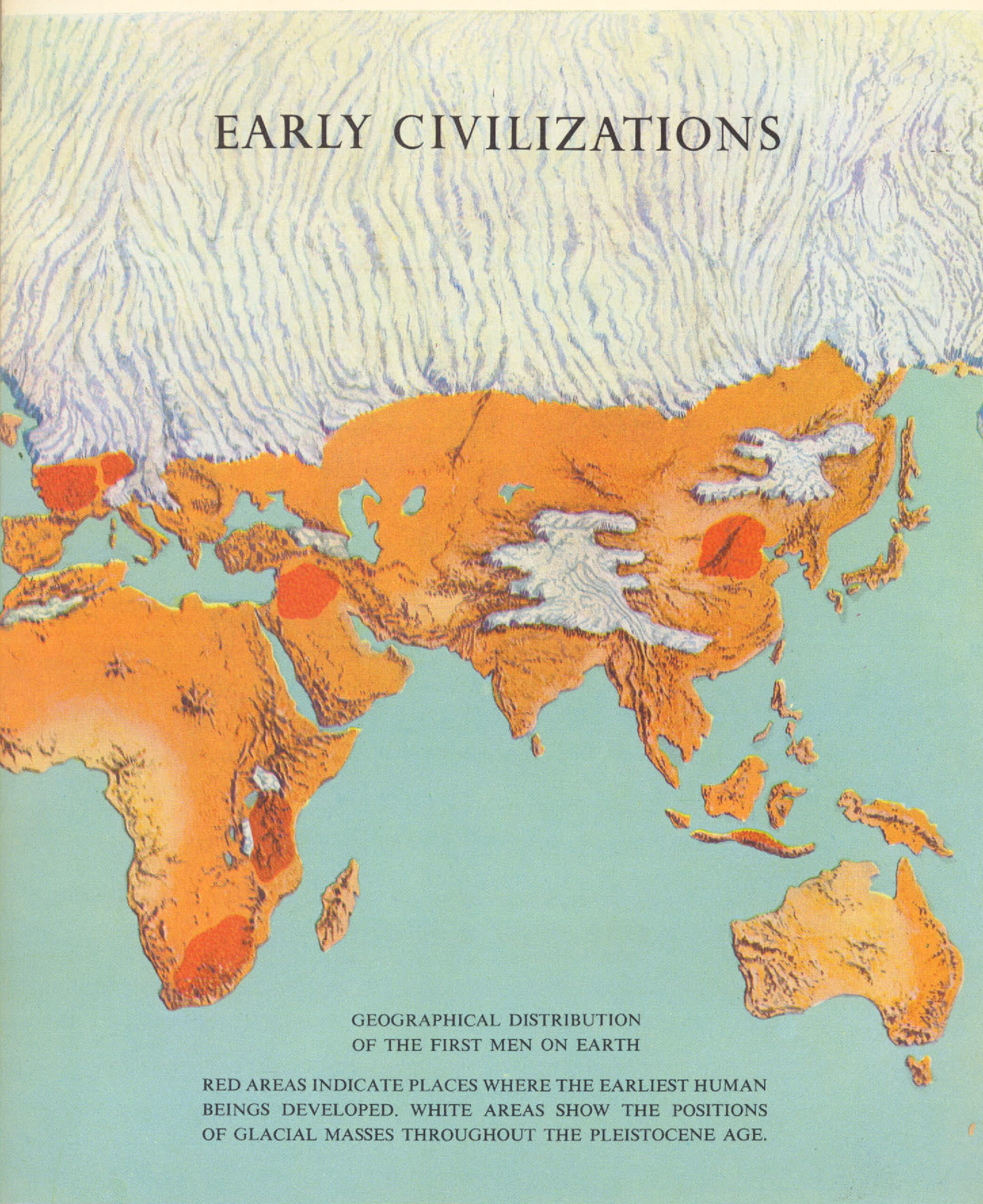Like Gandhi and Nehru in India, one of China’s greatest leaders, Dr. Sun Yat-Sen, learned from the West as well as the East. Born in 1867 of a Christian family, he received most of his education in Hawaii; while an exile, he lived in Europe, America and Japan. Although Dr. Sun had been educated to be a surgeon, he soon gave up the practice of medicine to lead his people against their Manchu rulers. The Chinese were successful in overthrowing the Manchus and in 1912 they proclaimed their country a republic. Dr. Sun, who became known as the “father of …
Read More »Tag Archives: Peking
The Powers Carve Up China 1841 – 1914
China, that immense portion of East Asia bounded by the chilly Amur River and the hot jungles of Indo-China, by the Pacific Ocean and the Himalaya Mountains, was the most populous country on earth. For thousands of years, China had had a highly developed civilization. Its people thought of their land as the world itself; to them, it was the Middle Kingdom between the upper region, heaven and the lower region, hell, which was made up of all other lands. They considered foreigners nothing but barbarians. Only a few Europeans had entered China since the Middle Ages and the Chinese …
Read More »The Ming Dynasty Restores the Old Order A.D. 1368-1644
THE MEN who took over from the Mongols came to be known as Hung-wu, or “Vast Military Power.” Hung-wu named his dynasty ming, or “brilliant.” As things turned out, however, the Ming dynasty was not particularly brilliant. It was, in fact, humdrum compared to the Han, the T’ang, or even the Sung. Nevertheless, it gave China nearly three centuries of order, from 1368 to 1644. Hung-wu was born in a hut near Nanking in 1328. His parents soon died and the boy entered a Buddhist monastery, where he learned to read and write. His studies completed, he went out into …
Read More »The Sung Dynasty: Barbarians Threaten the Empire A. D. 960 – 1279
DURING THE turbulent Five Dynasties and Ten Kingdoms era, the main outside threat to China came, as usual, from the north. A tough Mongol people from Manchuria helped one of the Chinese Warlords conquer North China. In return, he let them settle around Peking. Some of them became farmers, but their nomadic habits of roving and fighting remained strong. From time to time they raided the North China Plain, striking terror into the hearts of the peasants. These troublesome people were called the Khitan. Another form of their name, Khitai, sounded like “Cathay” to European travelers who later came to …
Read More »Christian Knights and Mongol Horsemen A. D. 099-1404
THROUGHOUT THE eleventh century, the divided Arab Empire became weaker in all its parts. Meanwhile, the Christian lands to the north became stronger. Adventures from northern France snatched Sicily and Southern Italy from the Arabs. The pope called on the rulers of Europe for a united Christian attack on the Moslems. By the end of the century, European knights in chain-mail armour were streaming into Syria by land and sea, determined to recapture the holy places of their religion. This campaign was the first of many. The Crusades dragged on for two centuries, with long periods of peace coming between …
Read More »The Coming of Man
About 400,000 years ago, a group of people were gathered at the mouth of a cave. They had a fire in which they were roasting deer meat and around them lay the bones of monkeys, wild pigs and water buffalo from previous meals. One of the women was picking berries from the nearby bushes. A man sitting close to the fire chipped away at a broken stone he would use to cut off chunks of the cooked meat. Another man, too hungry to wait, gnawed the marrow from some bones. The cave was one of several not far from what …
Read More »




